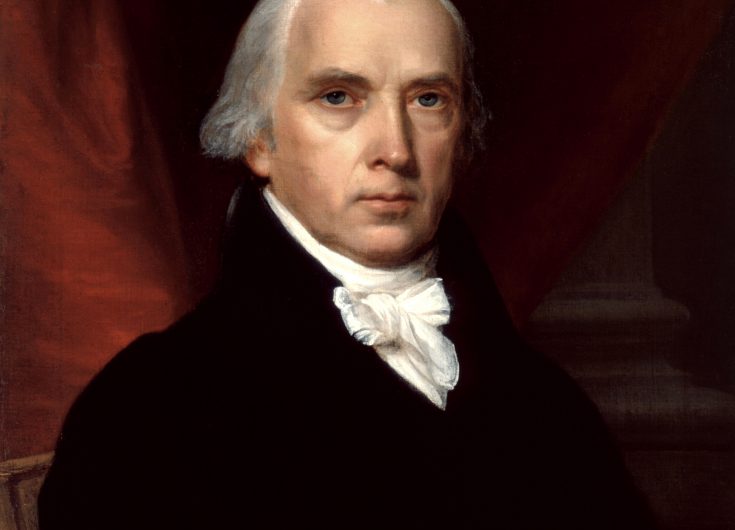

Madison’s Examination of the British Doctrine
We cite Madison’s Examination as a classic of American strategy and diplomacy because it set the stage for one of the last, and in the end unsuccessful, efforts of the Jeffersonian Republicans to realize one of the principal goals of the Revolution in international affairs. The Founders – including Adams’ father – had hoped that entrance of the United States into the Euro-Atlantic state system would bring about a new configuration of international power, one favorable to liberty and reformist domestic politics. This more peaceful and republican world would be underwritten by norms of international behavior that followed an increasingly liberal law of nations.




